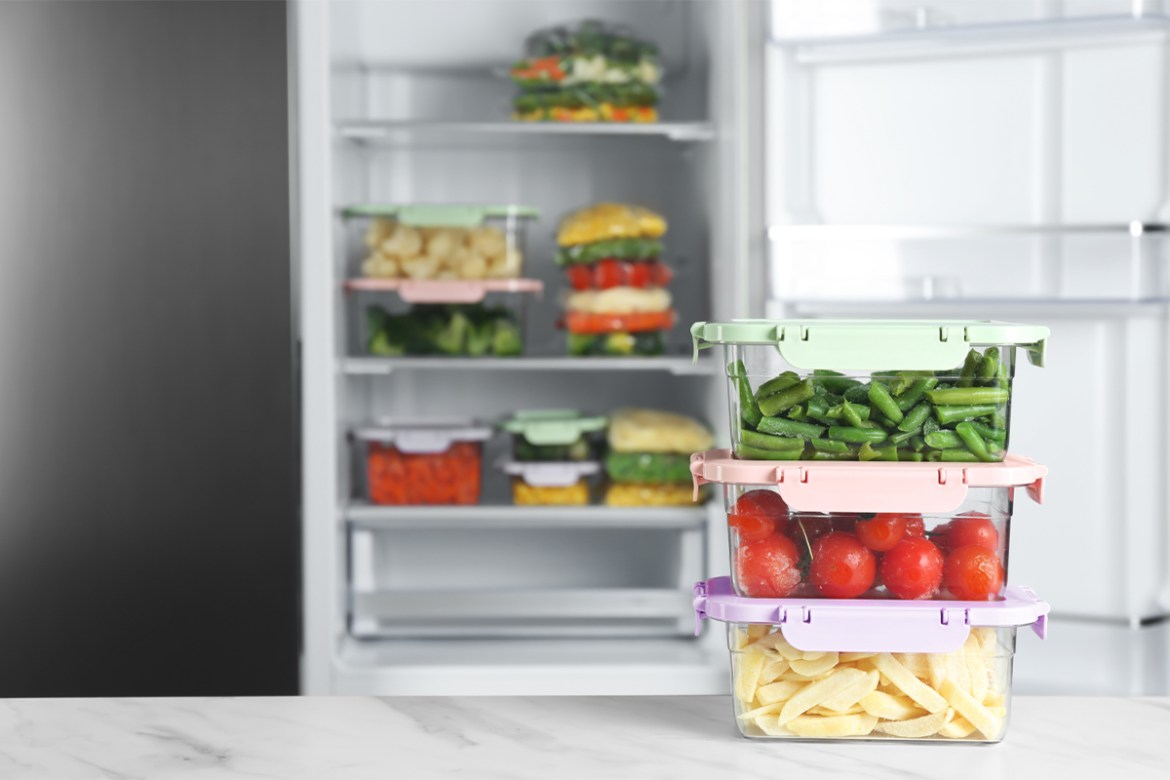For the longest time, we have been practicing food safety and hygiene when preparing meals at home. It requires a great deal of effort and care to ensure that the food we serve is not only delicious but also safe to eat. We thoroughly wash the ingredients, prepare, and cook food in a clean environment to prevent any contamination.
But have you ever thought about what exactly happens before and after food preparation?
One should know that food storage is just as important as food preparation and handling. Incorrect food storage at home can spell disaster for you and your family. It can result in foodborne illnesses or food poisoning which can seriously damage your health or worse, even be fatal.
To avoid this, you need to equip yourself with the basic know-how of storing food properly. Below, we list down some useful tips to keep the food in your house fresh and free from contamination.
1. Know which food products spoil easily.
In the same manner you prepare your grocery lists, list down which foods in your home are more likely to go bad at certain temperatures or after some period. Examples of these include dairy products, raw and cooked meat, fish and other seafood, eggs, cooked rice, and prepared dishes that contain these ingredients.
When creating your family meal plan, make sure to prioritize cooking the perishables first. This way, you won’t have any doubts about whether or not they’re still suitable to eat. Note that even packaged or canned foods, after being opened, can spoil easily if not stored properly. It is likewise very important to check expiration dates before deciding to use any food product.
2. Frozen food must go in the freezer.
It is crucial to keep the temperature of both your refrigerator and freezer in the optimal range. Remember that your refrigerator temperature should be at least 4 to 5ºC or below and your freezer below -15 to -18ºC to prevent bacteria from growing on your food.
If you’ve just returned from the supermarket, make sure that you immediately place the frozen food you bought inside the freezer. Never leave food that needs to be refrigerated at room temperature for more than two hours. You should also keep hot food separate from frozen food on your journey back home.
3. Cooked and raw food should always be kept separate.
Bacteria from raw food can very likely transfer to cooked food if you’re not careful about how you store both. By all means, the refrigerated cooked food must always be kept away from the raw food.
It is recommended to have your raw meats and fish on the bottom part of your refrigerator and your cooked food or perishables at the top. This way, no liquids from the raw products can drip over the other items in your fridge. You need to ensure that both the cooked food and raw food are also kept in different tightly sealed containers to prevent cross-contamination.
4. Thaw frozen food only when you’re ready to cook it.
It is a rule of thumb not to thaw frozen food until it is ready to be cooked. At the same time, frozen food that has already been thawed should not be put in the freezer the second time. This is because there is a higher chance for the refrozen food to be contaminated with bacteria.
Note that bacteria may grow on frozen food while it is defrosting. That is why it is of utmost importance to keep them in the freezer unless you’re going to cook them immediately.
5. Store cooked food in the appropriate containers.
After enjoying a cooked meal at home, it is inevitable to have some leftovers which you will have to store in the refrigerator for reheating next mealtime. Make it a point to transfer your food into sealable containers and give it some time to cool down. You should not be placing the stored food in your refrigerator when it hasn’t completely cooled down properly.
Invest in durable, airtight storage containers that have lids. This will be very helpful in keeping your food fresh and prevent bacteria or pests from contaminating it. Also, make sure that these containers are only used for food alone.
Having the proper knowledge of food storage ensures that your food at home is always fresh, clean, and suitable for consumption. You must always be mindful not just of expiration dates, but also where and how you keep your food. Always remember these tips so you can have a fuss-free and enjoyable mealtime. At the end of the day, practicing good food storage goes a long way in keeping your family safe and healthy. #StaySafe #StaySmart



